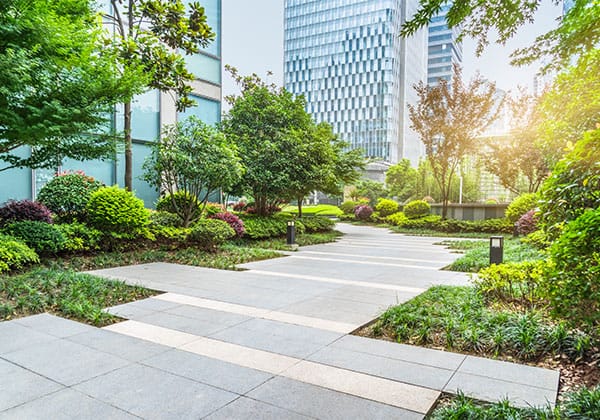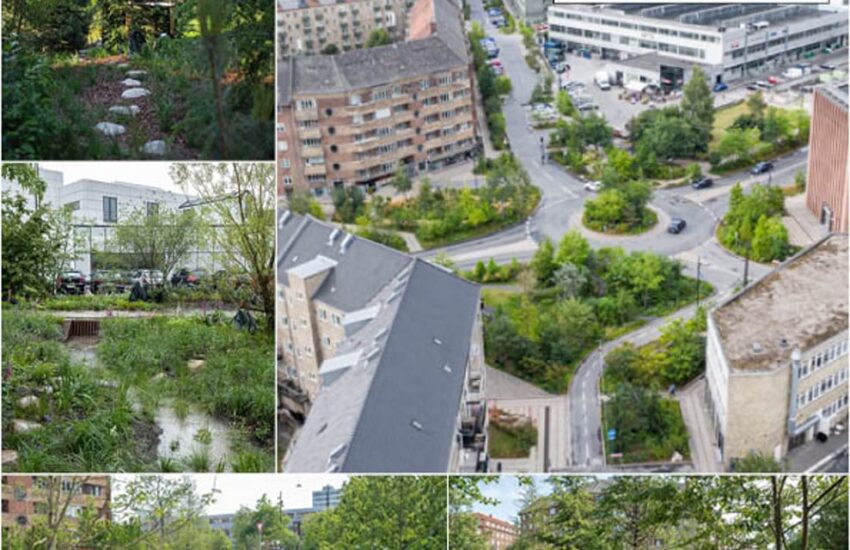I was visiting my cousin in her high-rise apartment, and as I looked out her window at a sea of twinkling lights and endless concrete, I felt a mix of awe and sheer panic. It was not just the scale; it was the palpable energy of millions of lives intersecting. That moment cemented for me that urbanization is not some dry demographic term. It is a living, breathing transformation of how humanity exists. And love it or hate it, the future is absolutely urban. So, what does this massive shift really mean for all of us? We are not just talking about people moving into towns. This is a fundamental rewrite of our social contract. More than half of us already call a city home, and that number is only climbing.
This is where the big questions about our collective future get answered. How do we live together sustainably? Can we build communities in a world of skyscrapers? The answers are all rooted in the choices we make in urban development. I used to think city planning was all about architects and engineers drawing lines on a map. But it is so much more personal than that. I think about my own neighborhood, where a new bike lane suddenly appeared, making my weekend rides safer and more pleasant. That was not an accident; it was a deliberate city planning choice.
Every decision, from where to put a park to how to fund public transit, is a reflection of our values. It is about who we prioritize and what kind of life we want to enable. These are deeply political, human choices, not just technical blueprints. And that is where things get messy, don’t they? Cities are incredible engines of opportunity. They are where I found my career, my favorite band, and my closest friends. But they can also be machines of inequality. I have watched with a heavy heart as a beloved local bookstore was replaced by a generic chain, a small sign of the gentrification reshaping so many urban cores.

It creates this weird paradox: new investment and nicer cafes, but at the cost of pushing out the very people who gave the neighborhood its soul in the first place. This is the central challenge of modern urban development: how do we grow without leaving people behind? The physical shape of our cities dictates so much of our social lives. I do not drive, so the quality of my city’s public transportation directly impacts my freedom and my wallet. Figuring out how to create more sustainable and livable urban spaces is the puzzle of our generation, and it is one we need to solve together. It is wild to think that a decision made decades ago, like plowing a highway through a historic neighborhood, can still isolate communities today.
Our city’s layout is not preordained; it is a story of past decisions, and we are the authors of its next chapter. Which brings me to the biggest question of all: the environment. Let us be honest, the sheer environmental impact of cities can feel overwhelming. The heat, the waste, the traffic is a lot. But here is the twist: cities might just be our best shot at a sustainable future. Think about it. Dense living means shorter commutes, more efficient energy use, and the potential for amazing public transit. The goal of sustainable urban development is not to fight the density but to harness it. We have to rethink everything, from how we power our buildings to how we manage our waste, turning our urban centers into models of green living. What gets me out of bed in the morning, professionally speaking, is the sheer possibility. Cities are not finished products. They are constantly evolving, shaped by our collective will, our technology, and our dreams.
The city my grandparents knew is gone, and the one my grandchildren will inherit is being designed right now, in the policy meetings and community boards and even in our daily choices. We have this incredible opportunity to advocate for smart city technologies and urban renewal projects that prioritize people and the planet. The future of humanity is an urban one. Understanding the forces of urbanization is not just an academic exercise; it is a survival skill. It is about choosing to build cities that are not just efficient, but also equitable, resilient, and full of heart. It is about learning from the past to fix our urban infrastructure for the future. I, for one, am excited to see what we build together.
References
OpenStax. (2021). Urbanization. In *Introduction to Sociology 3e*. https://openstax.org/books/introduction-sociology-3e/pages/20-2-urbanization
Wikipedia. (2025). Urban sociology. https://en.wikipedia.org/wiki/Urban_sociology
Taylor & Francis Online. (2022). The state of urban research: Views across the disciplines. *Journal of Urban Affairs*. https://www.tandfonline.com/doi/full/10.1080/07352166.2022.2080073
EBSCO Research Starters. Urbanization. https://www.ebsco.com/research-starters/sociology/urbanization

